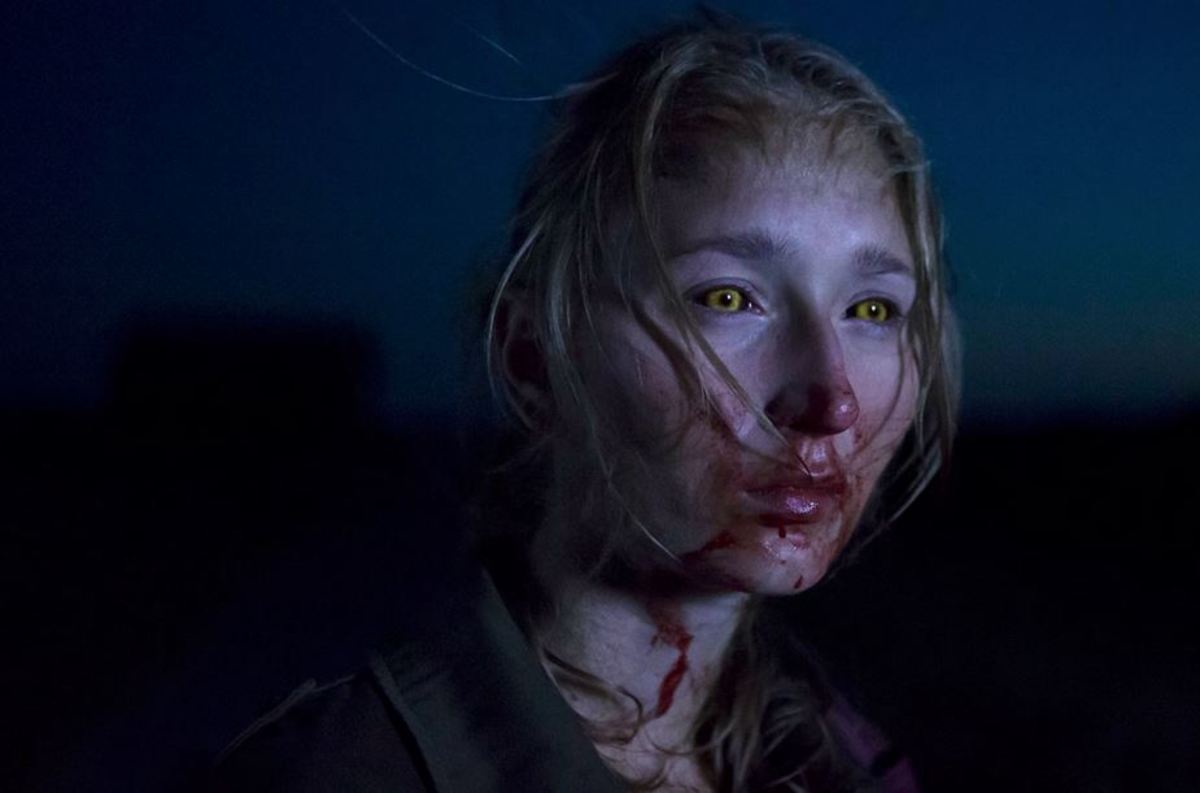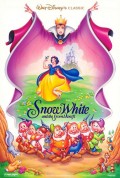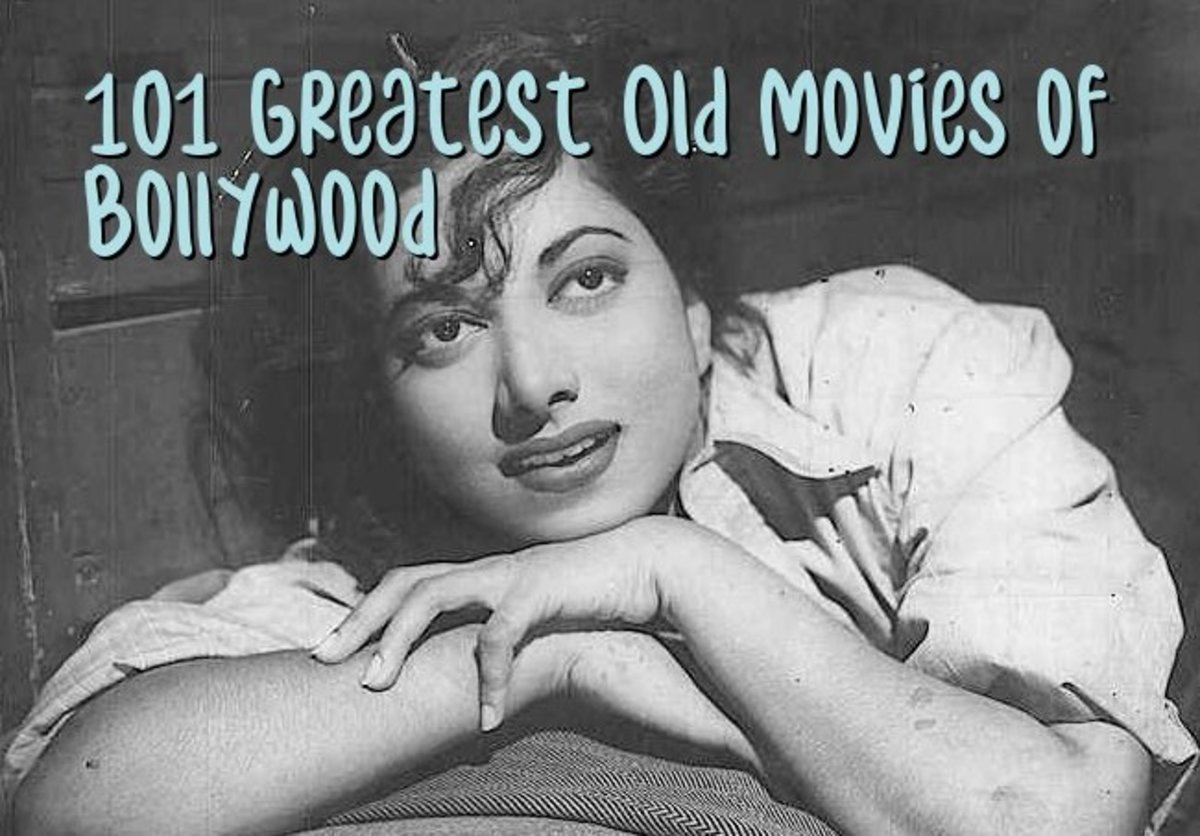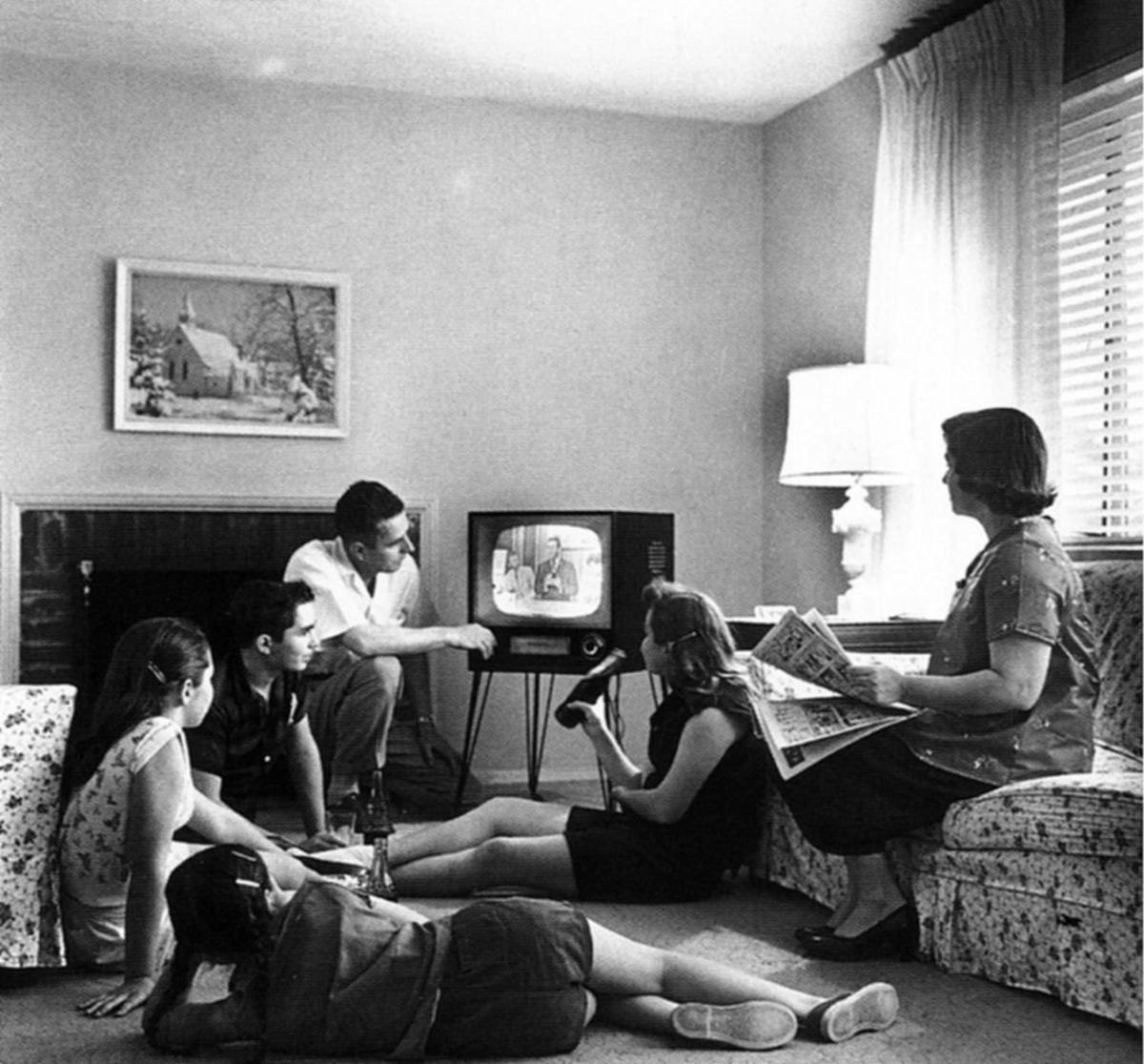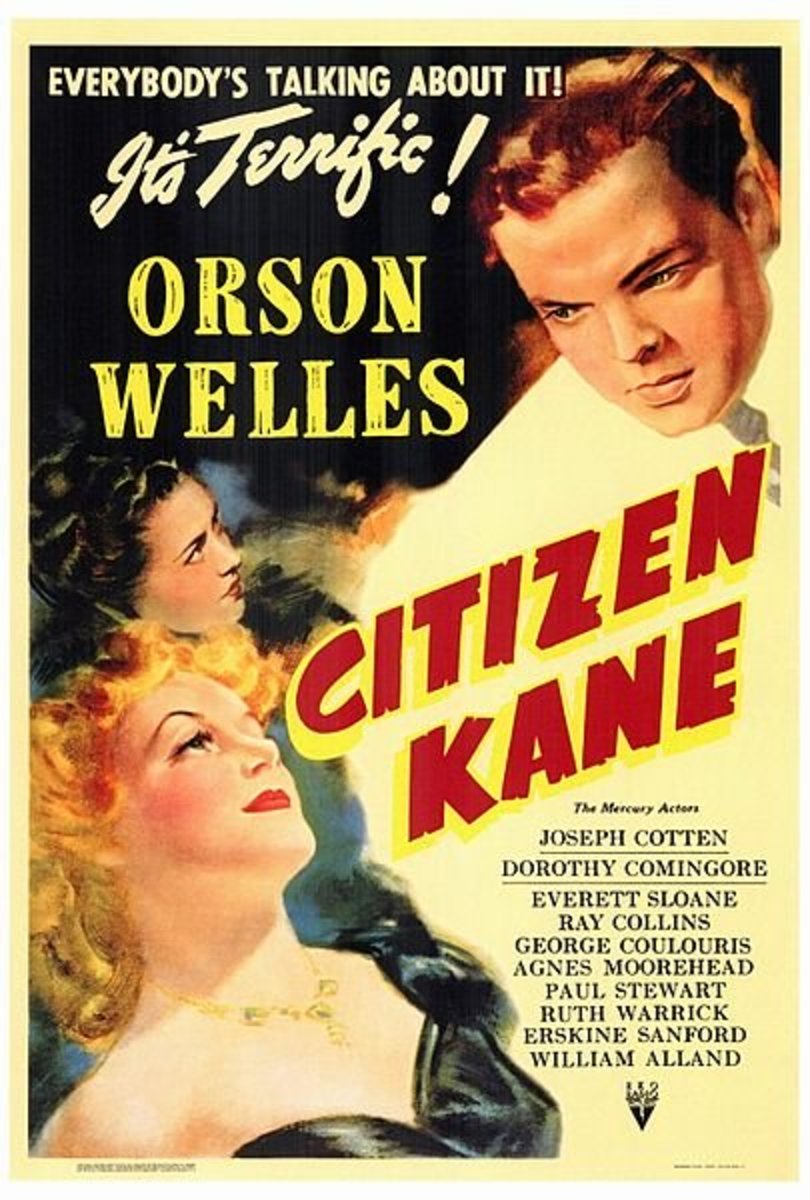Going Against the Hollywood Grain: 15 of the Most Overlooked and Misunderstood Films of All Time
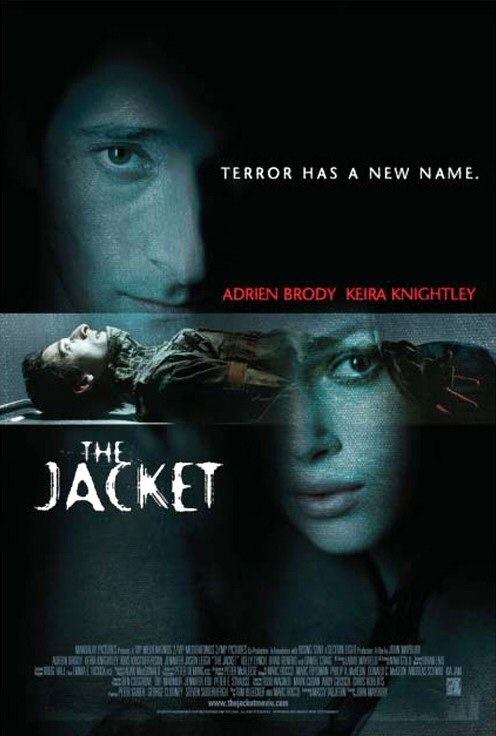
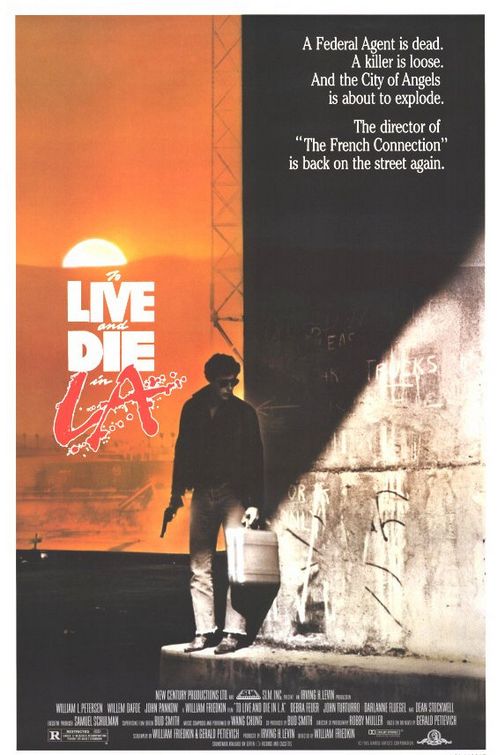
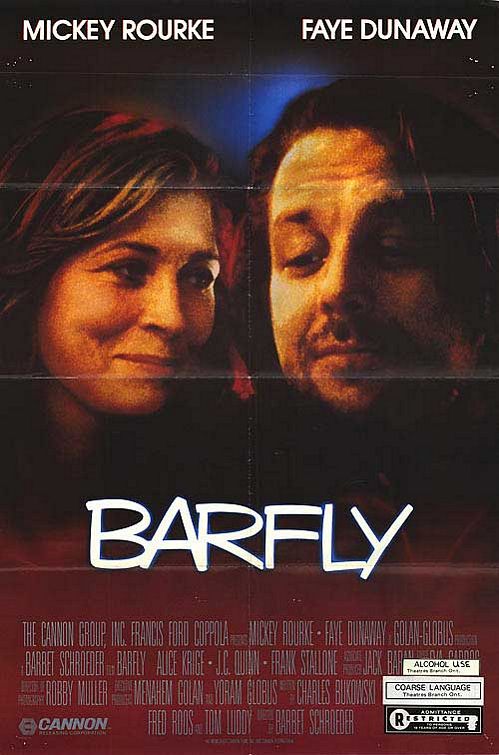
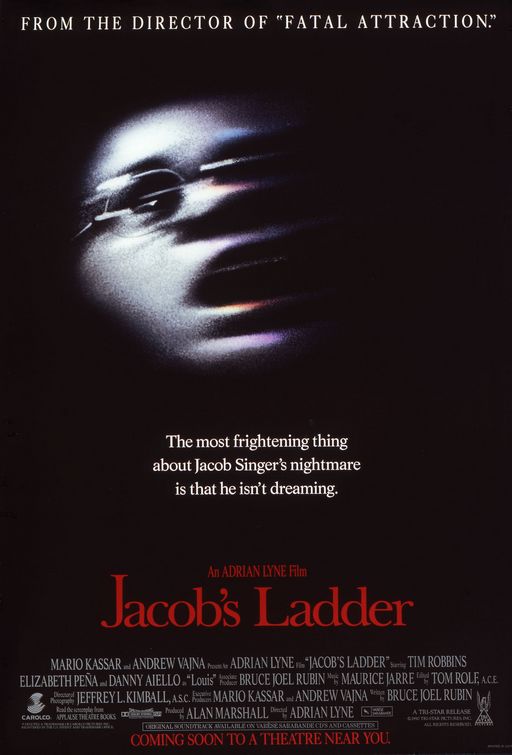
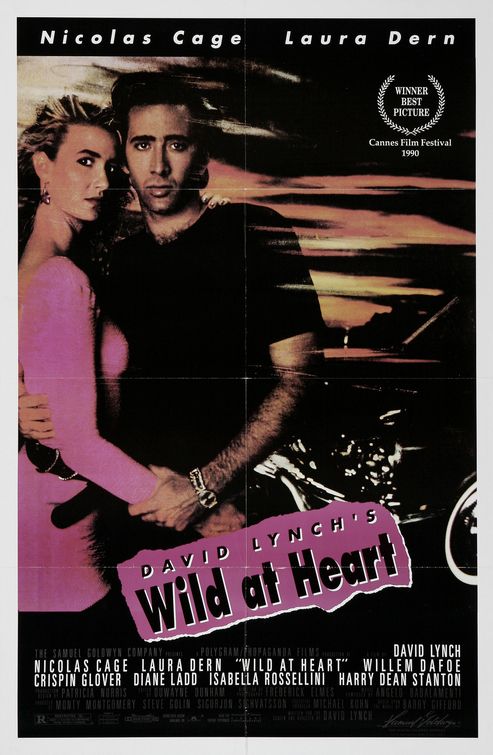
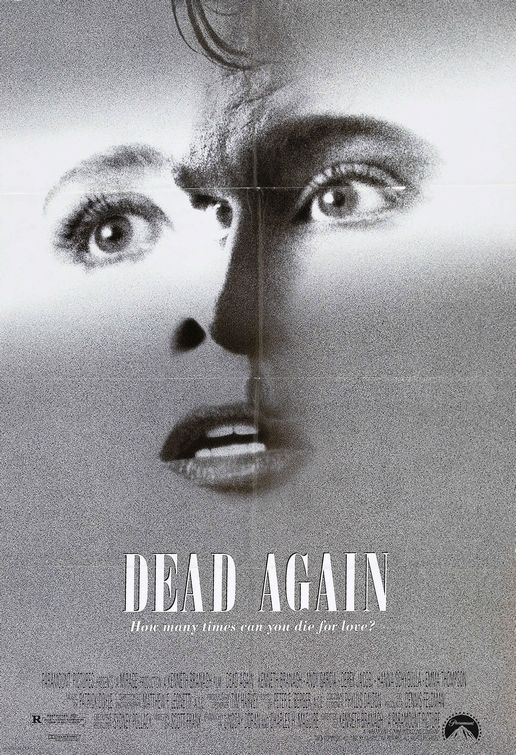
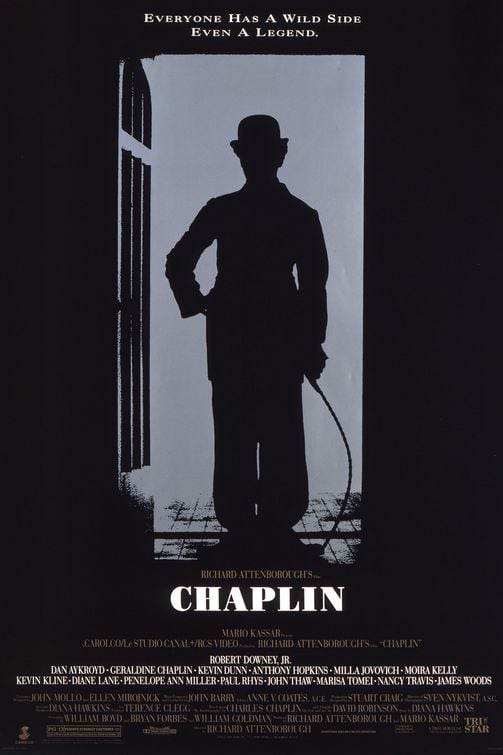
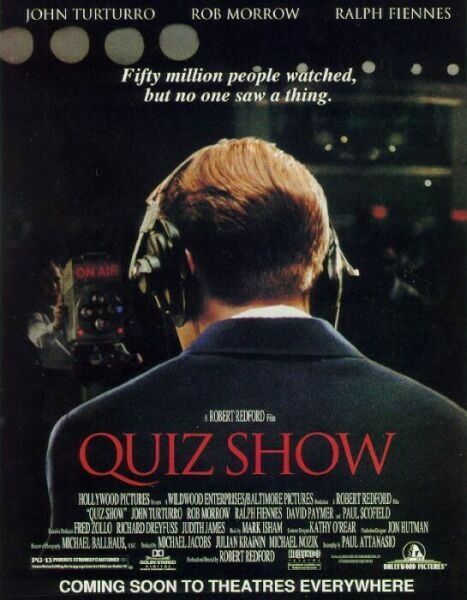
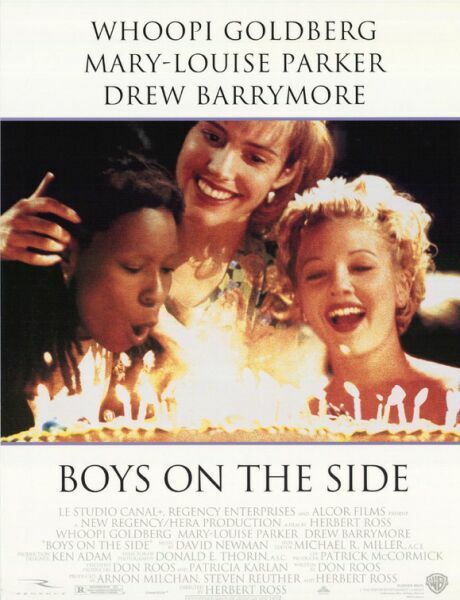
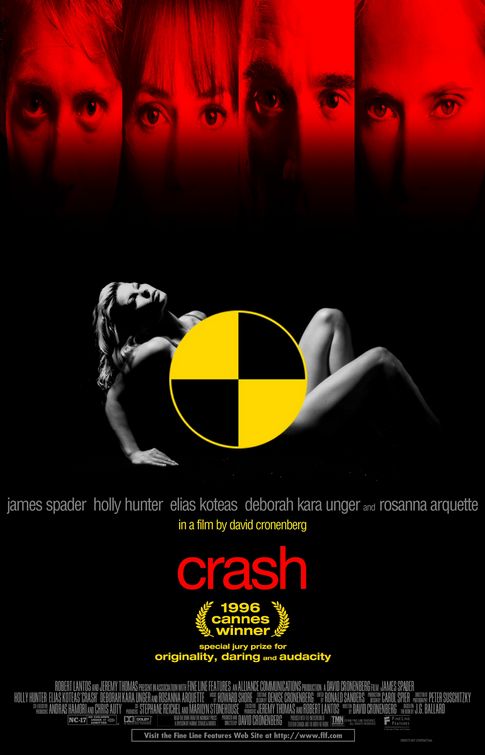
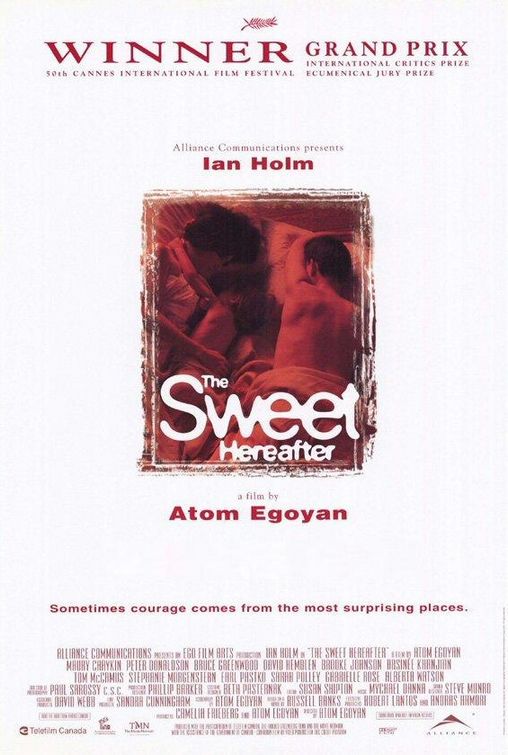
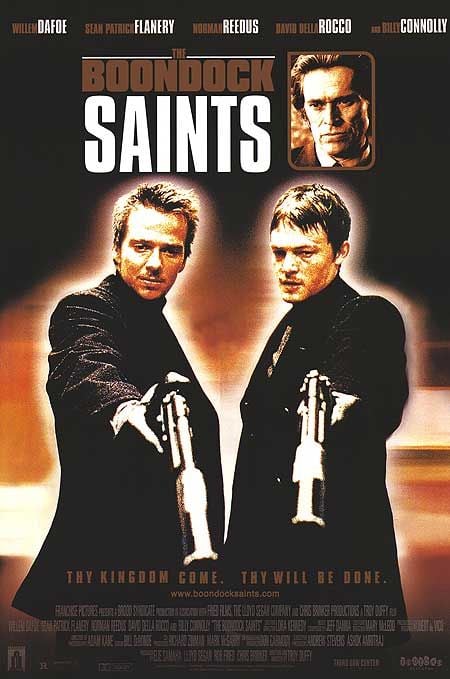
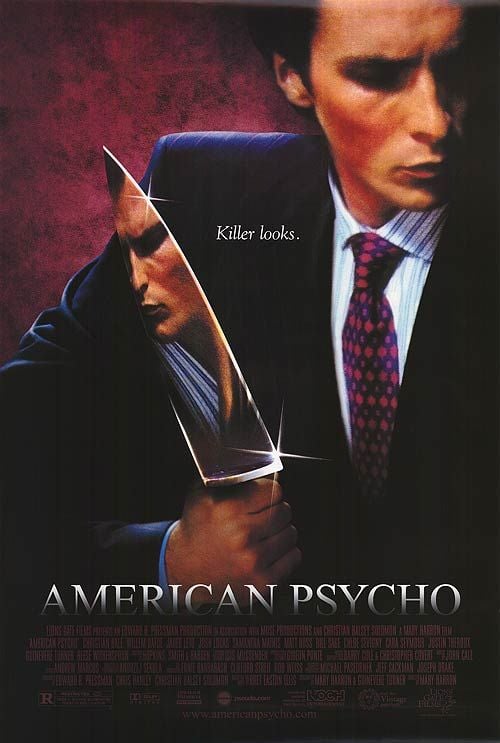
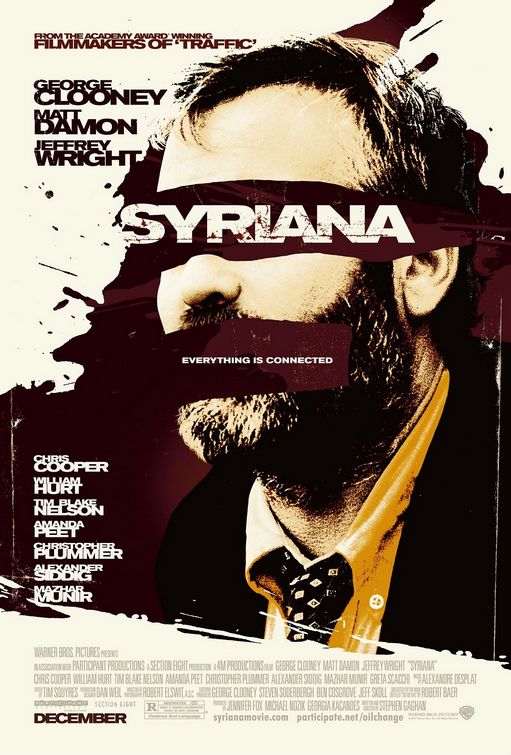
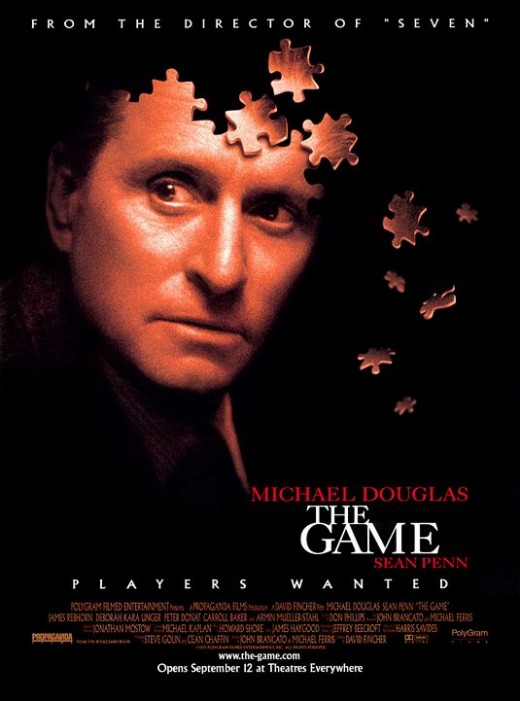
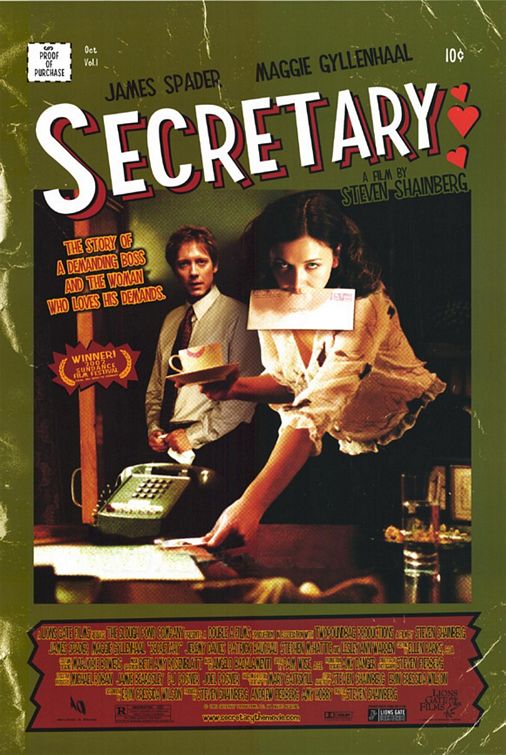
During the fall and winter seasons, Hollywood has attempted to release some of their more substantial cinematic fare in an effort to challenge audiences and to get some out of their comfort zones. Sometimes the ideas are a complete success (The Girl With the Dragon Tattoo and Black Swan) and the rest are just a complete disappointment (The Faculty). When it comes to movies, timing isn't the only factor in what makes a film work. A good story, solid acting and stellar locations that helped transport audiences into unfamiliar terrain.
What happens when a filmmaker's best intentions go unnoticed on the big screen? Not much to be honest. The failed film is just another notch on everyone's resume that saves the place for the next great film. The time to ignore those missed movie opportunities has come and gone. Let's examine a list of fifteen films that seemed to have everything going for them, but they just didn't ultimately work in the end. The reasons varied from dark subject matters to uncomfortable violence. Read on to see if your favorite but ignored film has made the cut.
Heavier Subject Material
Quiz Show (1994)- This Show was Robert Redford's fourth film as a Director and helped cement his reputation as a filmmaker who wasn't afraid to explore the human condition. The story followed the true tale of how the game show "Twenty-One" rigged a showdown between the elite Charles Van Doren (Ralph Fiennes) and regular guy Herbie Stempel (John Turturro). The movie examined the story from both players' viewpoints and tried to demonstrate how it's sometimes better to allow things to unfold naturally, especially on television. It was given some awards recognition, but it didn't have the same impact Redford's Directorial debut Ordinary People did in 1980. It's a shame, because the story was so riveting due to the fact that it actually happened. Watch it and understand the early flawed days of reality television. It would even make the Kardashians nervous.
The Sweet Hereafter (1997)- Hereafter was the type of indie fare that examined how one tragedy had a long reaching impact on everyone involved or indirectly around it. The story followed how a small town struggled to cope with the tragedy of a brutal school bus accident and a possible class action suit that followed. From the parents of the children who didn't survive to one girl (Sarah Polley) who was forever affected by it physically and emotionally. Her testimony helped a lawyer (Ian Holm) who was a glorified ambulance chaser and was also dealing with his own problems with his troubled daughter. The subject of loss and grief made the movie sometimes uncomfortable to watch, but it was Polley and Holm who made it worth sticking around to watch everything unfold.
Syriana (2005)- To many, Syriana is simply known as the movie that garnered George Clooney a Best Supporting Actor Oscar for his turn as a Government Agent who risked everything to expose terrorism in the Oil Industry and ended up losing everything over it. Clooney went to great lengths to make Bob Barnes a credible and interesting character. He put on weight and put his matinee idol image on the backburner, which ultimately paid off. The movie also featured Matt Damon as a businessman who was personally impacted by his work and Amanda Peet as his steadfast but grief stricken wife. Syriana was a fascinating movie, but it was hindered by a slow pace and one too many characters. Watch for Clooney and Damon's performances instead of focusing on the movie's storytelling shortcomings.
Undercut and Underrated Thrillers
To Live and Die in L.A. (1985)- In the 1970s, Director William Friedkin was at the top of his game with such films as The Exorcist and The French Connection. The 80s weren't entirely kind to him though. 1980's Cruising was a hot button thriller about a cop (Al Pacino) searching for a murder in the gay club scene. The subject matter offended everyone and forced a chilly audience reception. L.A. had the makings of a good thriller, but it received a similiar reception. A fearless and sometimes unstable Secret Service Agent Richard Chance (William Petersen) is on the hunt for a ruthless criminal/murderer (Willem Dafoe). Both of them will stop at nothing to get what they want. Their battle of wills leads to a final confrontation that left very few standing. The movie was stellar up to the point where Friedkin took a huge storytelling risk in sacrificing his leading man to show that actions have consequences. Audiences can see where he was going with it, but the execution could've been better. It also didn't help that Chance's partner (John Pankow) wasn't really a dominant presence to root for. Hopefully, Hollywood can remake this movie in an effort to just fix the ending a little better. Better not, because there's a great chance the rest of the movie could get ruined. It's best to leave it alone for now.
Dead Again (1991)- This thriller followed a story between the past and the present. Real life married couple at the time Emma Thompson and Kenneth Branagh played star crossed lovers caught up in a complicated murder scheme. The complex chemistry between the couple onscreen is what made the movie work and ultimately was meant to be short term off screen as well. In the present story, Branagh played PI Mike Church who came across a woman (Emma Thompson) who had no memory of her life. As they solve that mystery, they stumbled upon one from the past of a pianist named Margaret (Thompson) who was supposedly murdered at the hands of her husband Roman (Branagh). As they solve the present mystery, they slowly figure out how it tied into Margaret's murder. The answer may surprise you. The only warning though is to watch out for giant pairs of scissors. Watch the movie to understand what that warning means. It'll make plenty of sense by the ending.
White Sands (1992)- Unfortunately, this early 90s thriller came at a time when Mickey Rourke's career was at an all time low (Wild Orchid and Desperate Hours). White Sands was mistakenly grouped in with Rourke's movie duds and was not given a second look. Of course, Sands is by no means a perfect movie. There are some obvious flaws and some lazy story bits that have been done before, but the film is still worth watching anyways. Ray (Willem Dafoe) is a small town Sheriff who finds a dead body and a large sum of money. He impersonates the dead man to solve his murder and stumbles upon a government investigation. He meets the wildly lethal Gorman Lennox (Mickey Rourke) who would easily kill him and a wealthy woman named Lane (Mary Elizabeth Mastrantonio) who could make Ray forget his family back home. Ray's fate is obvious from the start, but it was still interesting to watch the story unfold. Watch it on a Sunday afternoon when you've nothing better to do.
Dark and Complex
Jacob's Ladder (1990)- Director Adrian Lyne is better known for his films about sexual misconduct (Fatal Attraction, Unfaithful and Indecent Proposal) and the consequences surrounding impulsive affairs. With Ladder, Lyne turned his cinematic skills on the evils of war and how it damages those involved in it. Jacob (Tim Robbins) is a battle weary Vietnam War Vet who returned home to an even greater horror. He's being attacked by unknown dark forces and his girlfriend Jezzie (Elizabeth Pena) who can't be trusted. On the surface, Ladder seemed to be firing on all fronts and it was genuinely scary, but it simply didn't eclipse Lyne's earlier film successes. It's a shame because audiences will be scared to death after one viewing.
Crash (1996)- It's hard not to mistake this 1996 David Cronenberg film with the 2005 Oscar Winner of the same name based on the title alone, but that's the only link those two movies share. The 1996 movie followed James (James Spader) and Catherine Ballard (Deborah Kara Unger) who after a brutal car accident become immersed in a group who enjoy having sex with each other after car accidents. The Ballards find that their stagnant marriage has been revived after hanging around group vets Vaughan (Elias Kotes) and Helen (Holly Hunter). The Ballards are soon becoming group vets as well and are willing to follow Vaughan to the ends of the Earth, even if it killed them. Don't be turned off by the NC-17 rating, because the sex scenes told the story as well as the undercurrent behind the four leads. They turned to sex to repair their damaged souls and made it fascinatingly risky to watch for audiences.
The Game (1997)- To some, Director David Fincher's The Girl With the Dragon Tattoo might be his first step into the unknown darkness. To many film fans, they are already too familiar with Fincher's dark and unflinching look at how human depravity works in mysterious ways. In his post Seven follow-up The Game, he showed how a wealthy businessman (Michael Douglas) was an unwitting participant in a dangerous game that could get him and everyone around him killed. The danger was everywhere and showed how Fincher was willing to go to get lengths to put his actors in dangerous situations. Audiences didn't connect with the movie because they were expecting something more like Seven and decided not to understand what the film was really about. Watch and be surprised.
Misunderstood Movie Relationships/Friendships
Barfly (1987)- Henry Chinaski (Mickey Rourke) was a drunk writer who was down on his luck, which was just the way he liked it. He spent his money, which was a small sum at best, on alcohol. Henry meets fellow lush Wanda (Faye Dunaway) and starts a relationship with her. He also runs into a small amount of luck when he meets Tully (Alice Krige) who wants to publish his work and likes Henry's rebellious streak. Barfly is based loosely on writer Charles Bukowski who lived his life the exact same way as Henry did. The movie isn't perfect and the acting isn't entirely balanced. Rourke and Dunaway gave decent performances as two damaged souls, but their acting was undercut by the bleak setting. Film critic Roger Ebert liked Barfly when it was first released, but most have forgotten the existence of this film which is hard to find in any stores. The movie has its flaws, but it's the dark humor that makes it worth watch nonetheless.
Wild At Heart (1990)- Young lovers Sailor (Nicolas Cage) and Lula (Laura Dern) are on the run from a variety of assassins hired by Lula's mother (Diane Ladd). This is the movie that started Cage's love of all things Elvis where his character is a personification of the King. Tamer in comparison to Director David Lynch's stranger fare, Heart tends to get overlooked when his films like Blue Velvet and Mulholland Drive get all the fanfare. Watch this and see the strangely romantic love affair between Cage and Dern's characters. Fascinating indeed.
Boys on the Side (1995)- Boys is a film about three very different women (Whoopi Goldberg, Mary-Louise Parker and Drew Barrymore) who come together in the strangest of circumstances and manage to become the best of friends. Although it's a light weight film in comparison, this film is worth watching with your girlfriends on a quiet Saturday night or after one has a painful breakup. It also garnered a memorable cover of a Roy Orbison song ("You Got It") sung by Bonnie Rait, which is what the movie is remembered more for than the plot itself. Rent it and see why that shouldn't be all it's remembered for.
Unconventional Characters/Partners
The Boondock Saints (1999)- Connor and Murphy MacManus (Sean Patrick Flannery and Norman Reedus) are Fraternal twins who believe that evil should be punished. After accidentally killing some mafia guys, the brothers have become Boston folk heroes and soon realize they have to continue the killing to make the streets safe again. Their killing spree has caught the attention of a maverick FBI Agent (Willem Dafoe) and a fellow killer who was connected to the brothers (Billy Connolly). The cult classic has been compared to such films as Pulp Fiction and Reservoir Dogs in terms of its staggering violence and its entertaining camraderie among the male leads. Saints was so popular that it spawned a decent but disappointing 2009 sequel. Watch the original to get the full Saints effect.
American Psycho (2000)- Meet Patrick Bateman (Christian Bale). He's a wealthy businessman by day and a serial killer at night who loves the finer things in life. The movie was based on the popular novel by Bret Easton Ellis, which captured the glitz and greedy depravity of the 1980s Wall Street era. Bale played Bateman with a sense of playboy innocence and arrogance that mixed with his homicidial tendencies. Dafoe played a cop who was on Bateman's trail and matched him pound for pound in wild man fury, except that he used in a quieter playful fashion to unnerve his target. Although the movie underplayed some of the book's more graphic violence, it still gets the essential idea of what Ellis' book was about. Watch it and see Bale before he won his Oscar for The Fighter. He's more lethal here than he was in The Fighter.
The Jacket (2005)- This thriller followed a troubled War Vet (Adrien Brody) who is locked in a mental institution and is forced to be treated in an unconventional manner. He's locked in a straitjacket and placed in a morgue drawer. The strange part of the experimental treatment is that he travels to a time where he meets a girl from his past (Keira Knightley) who is in desperate need of his help. The two damaged souls forged a relationship that had no chance of surviving, or did it? The movie featured an early performance by Daniel Craig as a deranged mental patient who was simply chilling in his limited screentime. The movie didn't work because audiences didn't know what to make of it and decided it was better to ignore it instead. Give it a chance and throw logic by the wayside. You'll be surprised.
In the end, some films are just simply meant to be ignored in its initial viewings and others deserve to be ignored. The latter of the two have some memorable performances that make those forgettable duds watchable. A prime example would be Lori Singer's performance as the unstable Annie in 1987's Made in U.S.A. When she arrived, the action got actually good and it disappeared just as quickly when she left. Occasionally, it's the acting that makes some movies worth watching (Robert Downey Jr. in Chaplin, Maggie Gyllenhaal in Secretary, or Susan Sarandon in White Palace). It's hard to understand and determine why audiences run to see certain films while others are in vacant theatres. The best solution to discovering something different on the big screen would be to arrive with an open mind and expect to be blown away or confused for the better. Logic is definitely overrated. David Lynch carved a living out of leaving it behind. You should do the same for at least a couple of hours. It's worth it in the end.

